
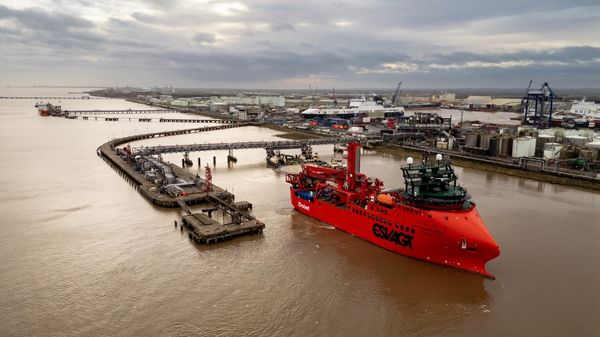
|
UK's first commercial biomethanol bunkering service launches at Immingham
Exolum, Methanex and Ørsted partner to supply biomethanol for shipping at the UK's largest port by tonnage. |
|
|
|
||
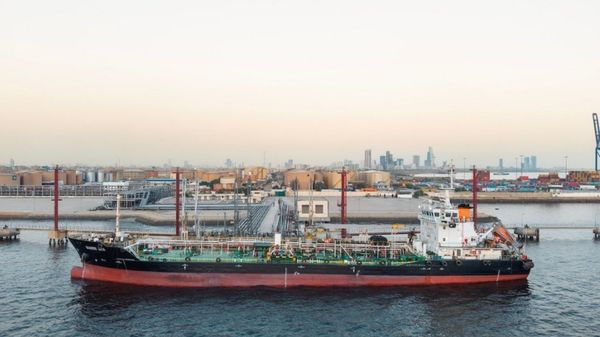
|
Vitol Bunkers launches HSFO supply in Pakistan after four-year hiatus
Company resumes high-sulphur fuel oil bunkering at three Pakistani ports following earlier VLSFO and LSMGO launches. |
|
|
|
||
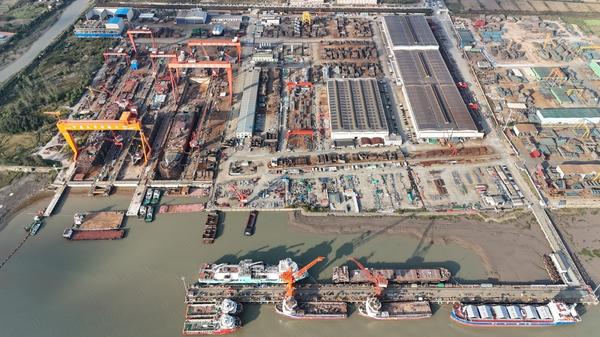
|
CIMC SOE secures orders for three LNG bunkering vessels
Chinese shipbuilder adds two 20,000 cbm and one 18,900 cbm LNG bunkering vessels to order book. |
|
|
|
||
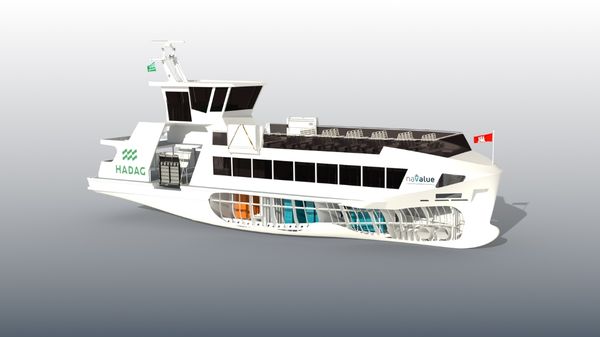
|
Lehmann Marine to supply battery systems for Hamburg’s first electric ferries
German firm wins contract for three 3.8 MWh systems for HADAG vessels entering service in 2028. |
|
|
|
||
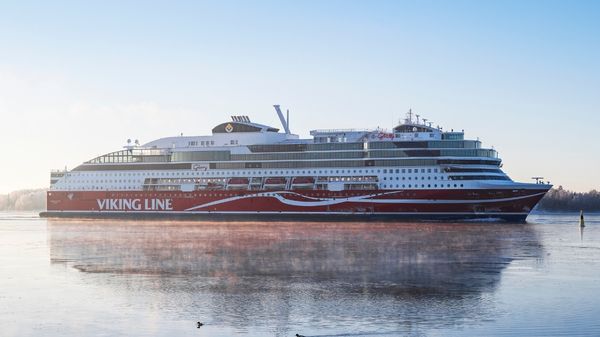
|
Viking Line green corridor project marks two years with biogas use and shore power progress
Turku-Stockholm route partnership reports tenfold increase in renewable biogas use and advancing electrification infrastructure. |
|
|
|
||
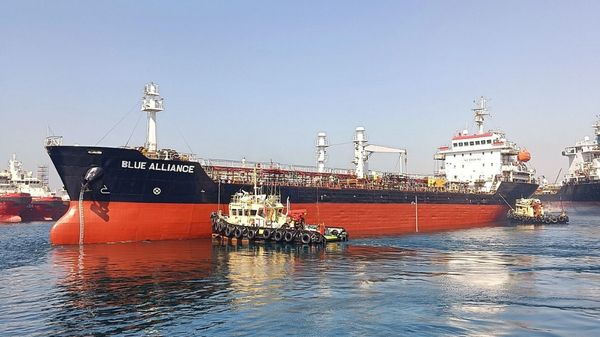
|
Global Fuel Supply unveils Blue Alliance tanker after Dubai upgrade works
Marine fuel supplier completes intermediate survey and technical upgrades on vessel ahead of operational service. |
|
|
|
||
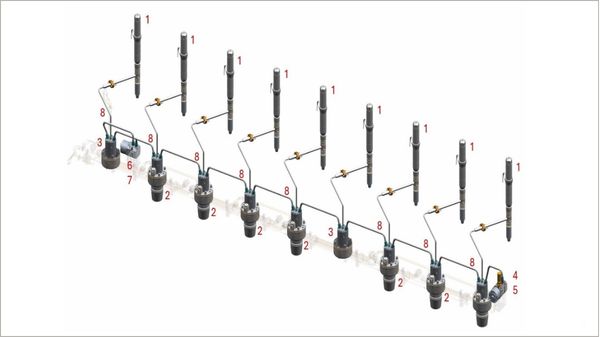
|
Everllence common-rail technology surpasses 20 million operating hours
Engine maker’s common-rail systems reach milestone across 600 engines and 5,500 cylinders over 18 years. |
|
|
|
||
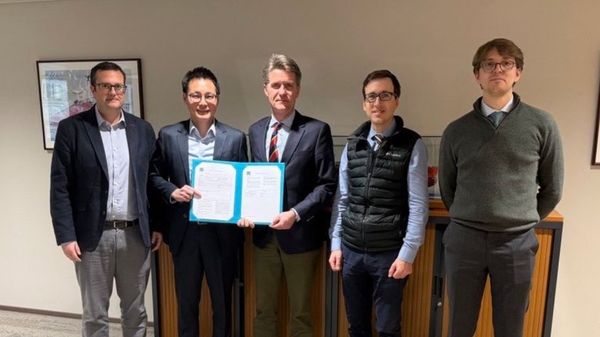
|
LR Advisory appointed by Geogas Trading to develop FuelEU Maritime compliance strategy
Lloyd’s Register division to support charterer with emissions planning and FuelEU pooling operationalisation. |
|
|
|
||
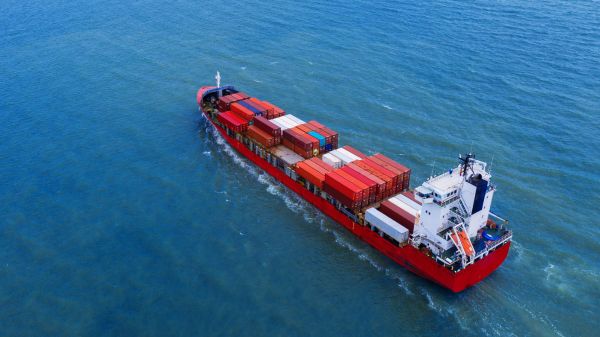
|
ICS survey shows maritime leaders favour LNG as industry awaits IMO net-zero vote
Barometer reveals strategic shift towards conservative fuel choices amid regulatory uncertainty over decarbonisation framework. |
|
|
|
||

|
Petrobras bunker operations to close for Carnival, with higher prices during holiday period
Brazilian headquarters shut 16-18 February; Rotterdam office to handle new sales during closure. |
|
|
|
||
| Møller: Increased demand for credit will lead to more consolidation among bunker companies [News & Insights] |
| Dynamic Oil Trading appoints worldwide markets trader [News & Insights] |
| Dynamic Oil Trading announces Dubai appointments [News & Insights] |
| Dynamic Oil Trading hires bunker trader [News & Insights] |